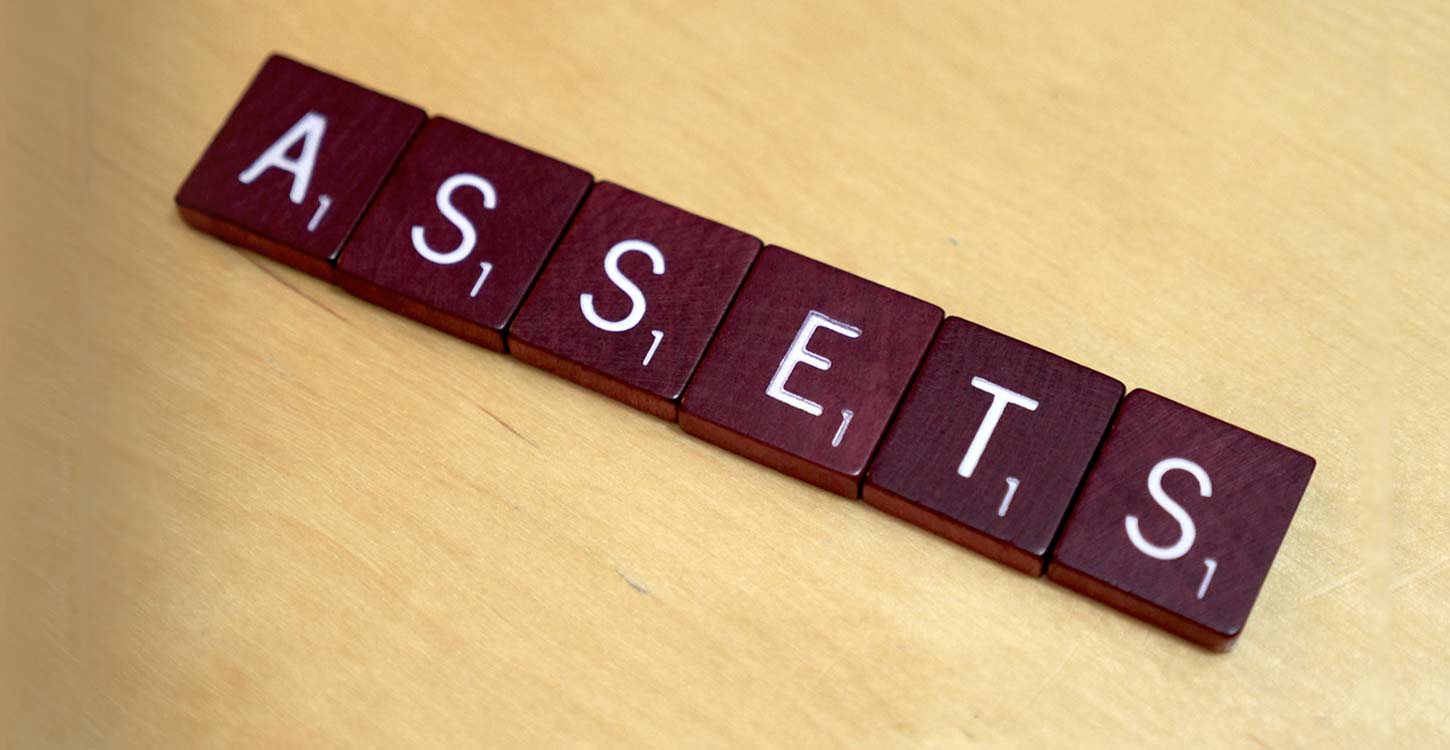Sam Cowan, Chartered Financial Planner at Charles Stanley, takes a look at some of the most popular ways many parents and grandparents use to make financial gifts and the factors that should be considered to optimise results.
As we approach the festive season, many people may be looking at how they can give their children and grandchildren financial gifts which keep on giving and can help build nest eggs for the future, rather than presents that will barely make it out from under the Christmas tree before being discarded. There are a range of rules and ways of giving financial gifts to be aware of, to ensure that they can make the most of it. Here is what parents and grandparents should bear in mind.
Estate planning
Pensions are an efficient way to pass wealth on to the next generation as the value held in your pension pots are not included in the value of your estate from an inheritance tax perspective. If you die before the age of 75 the pension pot is paid out to your chosen beneficiaries as a tax-free lump sum. Death after the age of 75 will mean your beneficiaries pay marginal rate tax on the pension pot.
Pensions are an efficient way to pass wealth on to the next generation as the value held in your pension pots are not included in the value of your estate from an inheritance tax perspective
It often makes sense therefore (from an estate planning perspective) to use your other assets first (ISAs, general investments etc) to fund your lifestyle and leave the pension until last, as by doing so you are reducing the element of your estate that is assessed against IHT and leaving the asset that isn’t.
Where someone wants to pass wealth on to their children during their lifetime, they can look to do one or more of the following options.
Junior ISAs
Junior ISAs can be used to build a tax-free cash or investment pot for your children and holds a subscription limit of £4,368 per child, per annum. This applies to children under the age of 18. Investments held within a junior ISA can be invested in the same way as an adult ISA i.e across a range of asset classes (shares, bonds, gilts etc).
Junior SIPP
Equally, you can invest up to £2,880 per annum, per child into a junior pension and receive pension tax relief that will gross up your contribution to £3,600. Funds within the pension pot grow free of all tax. Funds drawn out are subject to the same 25% tax-free lump sum.
You can invest up to £2,880 per annum, per child into a junior pension and receive pension tax relief that will gross up your contribution to £3,600
However, funds within this pension cannot be accessed until the child turns 55 and therefore is a very long-term savings pot.

Top Tip
Minimising inheritance tax should be key to managing wealth on a whole-family basis – as people are looking to do more and more today. There is so much that can be done, perfectly legitimately to keep this hated tax to a minimum. However, the efficacy of most strategies depends on acting in good time and taking a holistic view of your entire finances. Take professional advice at the earliest opportunity to maximise your tax mitigation options.

Lee Goggin
Co-Founder
Junior unwrapped investment account
With an unwrapped investment portfolio there is no limit to the amount that can be invested for a child (subject still to the gifting rules for IHT purposes). The fund can also be accessed at any time.
With an unwrapped investment portfolio there is no limit to the amount that can be invested for a child (subject still to the gifting rules for IHT purposes). The fund can also be accessed at any time
However, these investments will be taxed in the same way as any other unwrapped investment with dividends and interest taxable if above the dividend/ interest allowance and tax on gains above the child’s capital gains exemption.
Gifting outright
Gifts up to £250 can be made to any person and fall outside of the donor’s estate on day one. The same applies to gifts made from regular income that do not affect the donor’s standard of living. Certain larger gifts can also be immediately exempt, as follows:
- £3,000 per annum (doubling up to £6,000 if the previous year’s allowance hasn’t been used)
- Wedding gifts up to £5,000 for a child.
Large gifts that do not fall into any of the above categories subject to the seven-year rule and fall back into the donor’s estate for IHT purposes if death occurs within seven years. If death occurs after seven years, no IHT is payable.
Gifting into a trust
For those who would like to make gifts but also want to continue to control the money after it is gifted, then gifts can be made into a trust. Trusts can be effective in this goal, but can also be complex and costly to set up and administer.
For those who would like to make gifts but also want to continue to control the money after it is gifted, then gifts can be made into a trust
Additionally, trusts are subject to the gifting rules mentioned earlier, for IHT purposes. Gifts into certain trusts are known as chargeable transfers and can be subject to an immediate tax charge of 20% (for amounts above the inheritance tax nil rate band).





